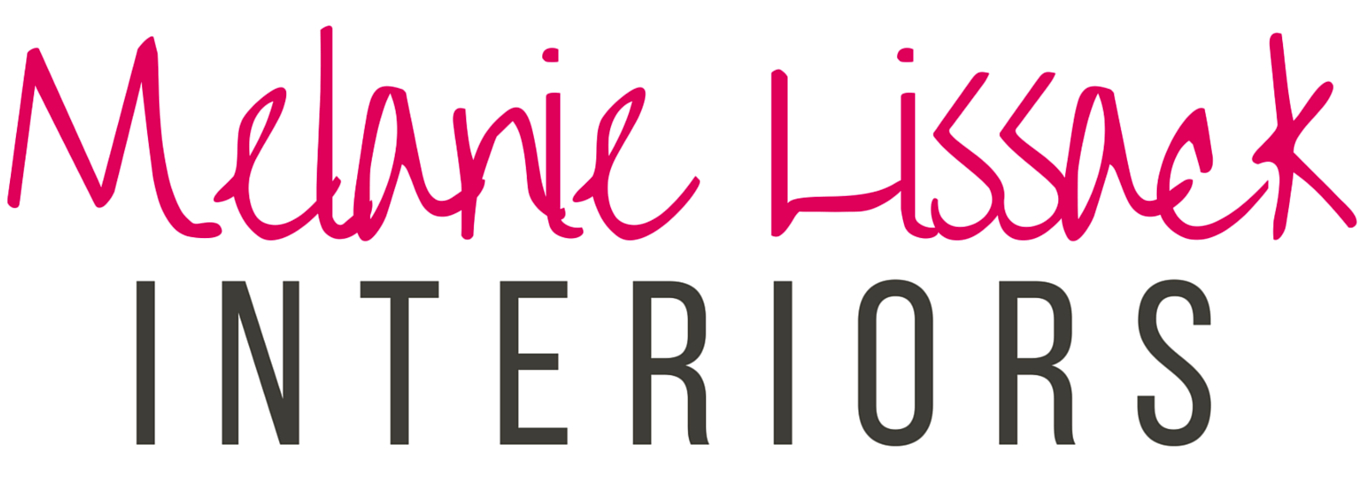The Pros And Cons Of Hardwood Flooring
Image Credit: Ted Todd
With so many choices available when it comes to interior flooring materials, it can be hard to decide what might be the right choice for your home. Hardwood flooring - flooring made from solid timber such as oak or maple - is a traditional and natural option that maintains demand despite technological developments in wood-effect or wood-like flooring. However, there are significant pros and cons when it comes to opting for a hardwood floor in your home; you should weigh up all the negatives and positives before deciding if this type of flooring would suit your lifestyle.
Pro: Unique appearance
One of the biggest charms of hardwood flooring is its unique appearance: no two hardwood floors are the same - they each have their own grain, pattern and knots that are similar to a fingerprint. As a result, hardwood flooring can help provide a home with character and help counterbalance any synthetic surfaces. The timber can be stripped back multiple times, sanded and stained in an array colours depending on the current trend - from pale Scandi boards to drenched in deep walnut hues.
Image Credit: Chaunceys Timber Flooring
Con: Prone to scratches
The natural beauty of a hardwood floor can be quickly spoilt by scratches. These scratches are hard to avoid and can be caused by moving furniture, pet claws and dropped items. While the scratched surface of a hardwood floor can be repaired, this maintenance and upheaval can be costly and time-consuming.
If you prefer character over perfection, a hardwood floor might be the right option for you. However, if you prefer your interiors to look flawless, you might want to consider an alternative option.
Pro: Durability
While surface damage may be unavoidable, if you regularly maintain a hardwood floor, it will last longer than many other flooring materials. In fact, a hardwood floor can last a lifetime - there are many historic and stately homes that still have original hardwood floors installed. In contrast, modern-day alternatives such as laminate, vinyl and carpets will generally only last between 10 and 20 years. Investing in hardwood floors is therefore an economical choice if you want a long-term flooring option.
Con: Maintenance
Many people are put off installing a hardwood floor because of the maintenance that it is required to keep it looking good. Unlike other flooring surfaces, hardwood needs to be refinished every 10 years - a big job that involves moving out all furniture, sanding down the floor, staining it, applying lacquer or varnish and then sealing the floor. It’s possible to carry out DIY hardwood flooring maintenance using an oscillating multi-tool and a selection of finishing products, or, you can hire a professional to do the job (for a price).
Image Credit: Chaunceys Timber Flooring
Pro: Resale value
Hardwood flooring has a natural rustic beauty and a traditional appeal; homes containing hardwood flooring on average sell for 2.5% more than homes without. If you’re looking for a way to add value to your property, installing a hardwood floor could be a great solution.
Con: Cost of installation
Unsurprisingly, installing a hardwood floor is not cheap. Expect to pay between £50 to £120 per square metre for hardwood, over double the price of installing laminate. Engineered wood (flooring designed to look like real wood planks but constructed out of a plywood core with a thin layer of hardwood on top) might be a good mid-range option if you want a wood-look floor that is more affordable, but also has the look of real wood.
Pro: Acoustics
Hard floors are renowned for being quite noisy underfoot. However, hardwood flooring doesn’t produce quite as much echo and absorbs most of the sound. By installing soundproof rubber matting under hardwood floors, you will further reduce the noise they make (this is recommended in larger, open rooms where there’s more chance of echo).
Con: Sensitivity to temperature
Natural wood expands and contracts with fluctuations in temperature, possibly causing the wood to crack in places and also allowing drafts to enter the room and heat to escape through the gaps. If you install a hardwood floor, it is important to accept that you will need to scatter high-pile rugs around each room to counteract this in the colder months.
Image Credit: Chaunceys Timber Flooring
Pro: Hypoallergenic
If you suffer from allergens, carpet might not be the right choice of flooring for you as it can trap pollen, pet dander and dust mites. A hardwood floor will not absorb these and surface dust can be swept away quickly.
Con: Vulnerability to moisture
Hardwood and moisture do not mix. One of the simplest ways you can prematurely destroy a hardwood floor is by soaking it with water which will cause it to rot and warp. Hardwood flooring is not a good choice in the bathroom and it can be a risky choice in kitchens where spillages are common. If you want the warm, inviting look of wood in a kitchen or a bathroom, wood-effect tiles are a great option as they are not susceptible to heat, moisture or stains. They can also take the application of abrasive cleaning agents.
Should you install hardwood flooring?
Hardwood flooring can be a good choice if you’re looking for a natural, durable flooring option with a heritage feel that boosts the value of your home. It may not be a good choice if you’re looking for a low-maintenance, low-cost solution.







Five top tiling looks expected to be big for 2025…